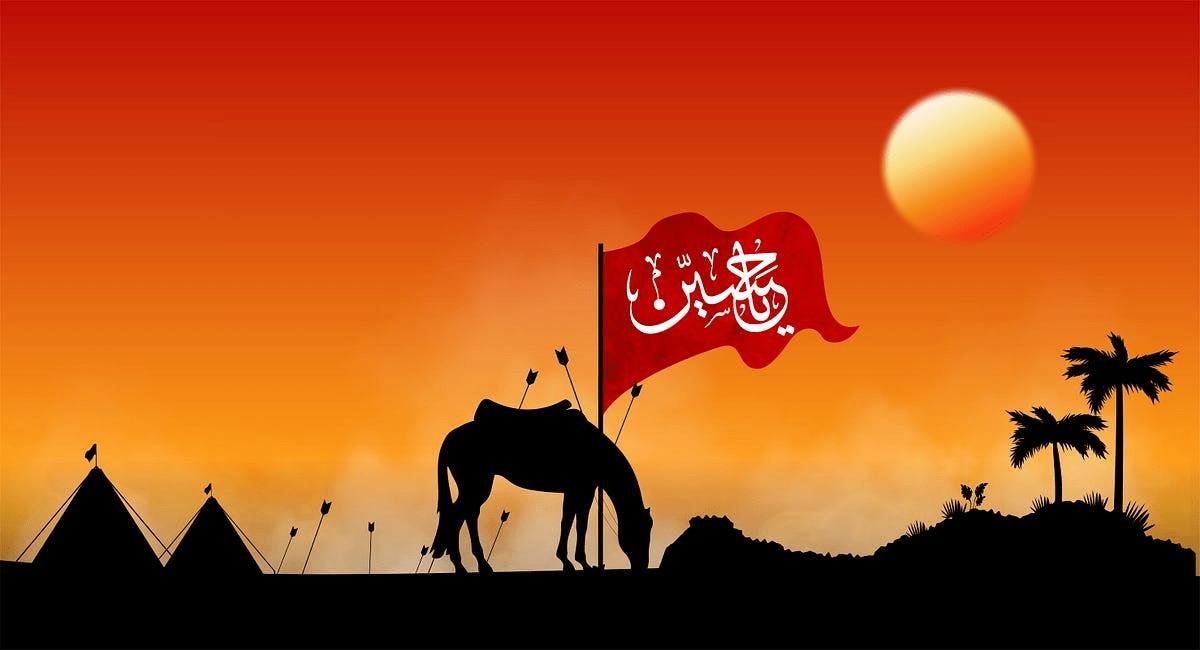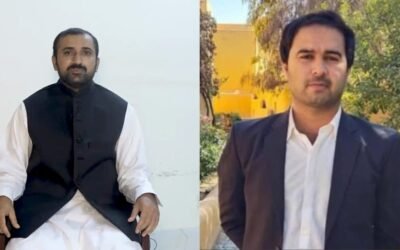The Battle of Karbala stands as a profound symbol of sacrifice, principled resistance, and unwavering commitment to truth within Islam. It commemorates Imam Hussain’s (R.A.) pure, spiritual stand against tyranny, a sacred act devoid of worldly ambition or malicious intent. Yet, when militant groups or politically motivated actors falsely associate their violent struggles with this revered legacy, they not only desecrate its sanctity but also unleash severe negative consequences, notably fueling xenophobia and exacerbating Islamophobia on a global scale.
Karbala’s true essence is a testament to ethical conduct even in the direst circumstances. Imam Hussain’s (R.A.) martyrdom was a defense of universal justice, human dignity, and the very spirit of Islam, characterized by compassion and moral rectitude. His sacrifice was a refusal to compromise on fundamental principles, not a call for indiscriminate violence or the pursuit of temporal power. It embodies the highest form of spiritual integrity, standing as a beacon against corruption and oppression through moral fortitude.
However, when extremist organizations and certain political factions invoke Karbala’s name to legitimize their often brutal and worldly campaigns, they commit an act of profound intellectual and spiritual distortion. By misrepresenting Imam Hussain’s (R.A.) sacrifice as a precedent for their own acts of terror, sectarian violence, or political aggression, they fundamentally pervert the event’s meaning. They seek to advance their self-serving agendas seeking cover under religious events and notions, falsely aligning their destructive actions with a sacred sacrifice.
This misappropriation directly discredits Islam in the eyes of the world. It replaces the true message of Karbala—one of ethical defiance and ultimate self-sacrifice for universal values—with a terrifying image of religiously sanctioned violence.
Whereas, the non-Muslim audiences, often lacking a nuanced understanding of Islamic history, are then presented with a distorted caricature of Islam. This false narrative directly feeds into existing prejudices, validating stereotypes of Islam as an inherently violent or extremist religion. Consequently, such associations powerfully provoke xenophobia and exacerbate Islamophobia, fostering fear, suspicion, and discrimination against Muslims worldwide.
To combat these pernicious effects, it is imperative to reclaim Karbala’s true message. By firmly rejecting any attempt to link its pure, spiritual essence to worldly militancy or political violence, we can dismantle the tools of distortion that fuel prejudice and uphold the profound, untainted legacy of Imam Hussain (R.A.) as a universal champion of truth and justice.




























